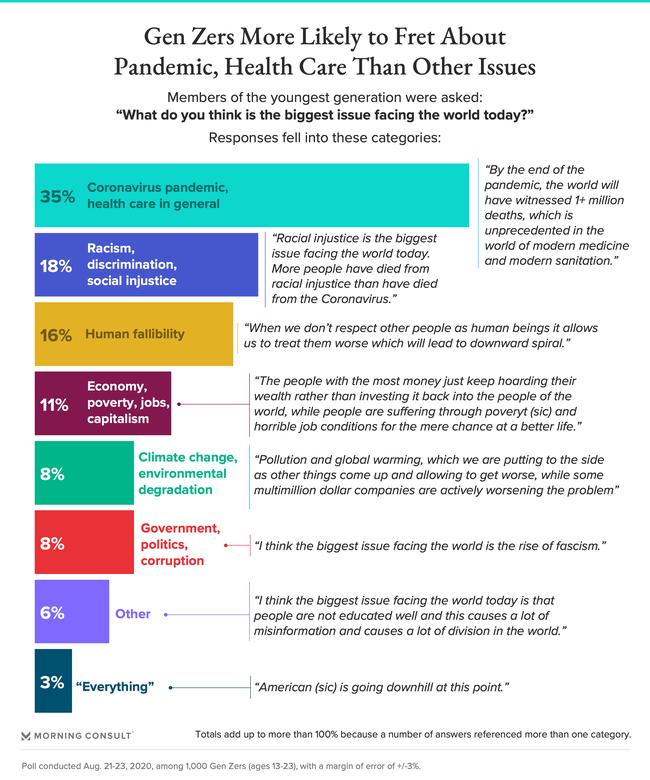A column by David Mastio, "Social media is a national experiment on our kids' mental health," published on the Sun's Opinion page January 16, is unique and noteworthy in at least three ways: Mastio is amazingly self-effacing, the truth he writes about is very uncomfortable for many of us, including myself, and the problem he addresses has wide implications.
In regard to his self-effacing, in our age of rationalizations and selective non-judgmentalism about our “relationships,” to begin his column with these two sentences is truly remarkable:
Two decades ago, I got divorced, leaving two little children without an intact family. While the whole process was hard for me, it was harder on my kids.
After noting disturbing trends in suicide among youngsters even before the increasing impact from Covid, Mastio gets very pointed, and his disturbing words could be directed at me:
The question that haunts parents of children who suffer from mental health problems, whether it is suicide or something less devastating, is "Who is to blame?" In my case, I knew it was, at least in part, me. When my children needed me, I wasn’t at home with them.
While in my case, with our son, it was a bit different; the parallels are uncanny, and they may well be for many readers.
Then, under the subtitle “Adults need to face what we’ve done,” Mastio properly begins to broaden the focus:

As the fallout of my choices continues to affect my children, there isn’t a single day that goes by when I don’t think about my culpability for their pain. That’s hard. Facing what we’re doing to our kids should be hard for all of us.
Today, I will take Mastio’s theme of self-reflection and responsibility, and expand it a bit. It’s in fact all about “facing what we’re doing” to future generations.
Two questions can help us reflect.
Have we become too preoccupied with trivia, and too divided by gender and political identify, and too fearful of offending each other, to come together in any crisis, short or long-term? If we cannot deal with easy stuff, how can we deal effectively with long-term domestic challenges such as income inequality, and long-term global challenges with a heavy domestic cost, such as climate change?
Today let’s focus on our challenges with trivia and gender and political identify. I cite a couple of examples, trivial on one level, indicative of a serious problem on another.
The recent “Inclusive Language Guide” recently promulgated by the Information Technology folks at the University of Washington is a classic example of what appears as an innocent attempt to address what many see as problems such as racism in language used at the university. For example, they claim the terms “man” and “grandfather” are problematic, yet they find the term “woman” acceptable. As a grandfather, I find their reprograming problematic. Unfortunately, or perhaps conversely fortunately, the guide on one level shows the extent that political correctness has gone even in a public university; and on another level is a clue to the assault on free speech and full civil discourse that results in the amazing push-back election of a white Republican governor, a Black Lt. Governor and a Hispanic Attorney General in the once hotbed of the Confederacy — Virginia.
This “guide” should be a subject of extensive debate, from all perspectives. However, I don’t see that happening. That is both a modern American tragedy and part of the reason we are in trouble. I don’t so much care about the resulting product after such a full, free and unchilled debate. I just don’t think such debate is currently possible.
Secondly, the removal of the President Teddy Roosevelt statue in front of the American Museum of Natural History in New York City is another classic example of our social paralysis. The statue depicting a former President, who uniquely for any other American won both the Medal of Honor and the Noble Peace Prize, was removed ostensibly because standing next to him were two men, arguably shown as subservient, one depicted as native American and one as black. Roosevelt, like all heroes, was flawed, but he perhaps above all other Presidents was a man of strength, yet balance: an environmentalist who hunted, a fighting soldier, yet a man identified with the stuffed bears we have all enjoyed.
Let’s try common sense. Perhaps commission a new statute of a Native American chief on horseback and another of a Tuskegee Airman. Perhaps reconstruct the statute to just depict Roosevelt. But don’t just dump history, or one sets a horrible precedent that can be used in the future to destroy heroes of the past with the viewpoint of modern eyes.
I could not agree more with Mastio’s concluding words in his column:
We all need to hold ourselves accountable for our role in adopting and spreading this new way of life without thinking through what it means for kids.
Contact Larry Little at larrylittle46@gmail.com.




